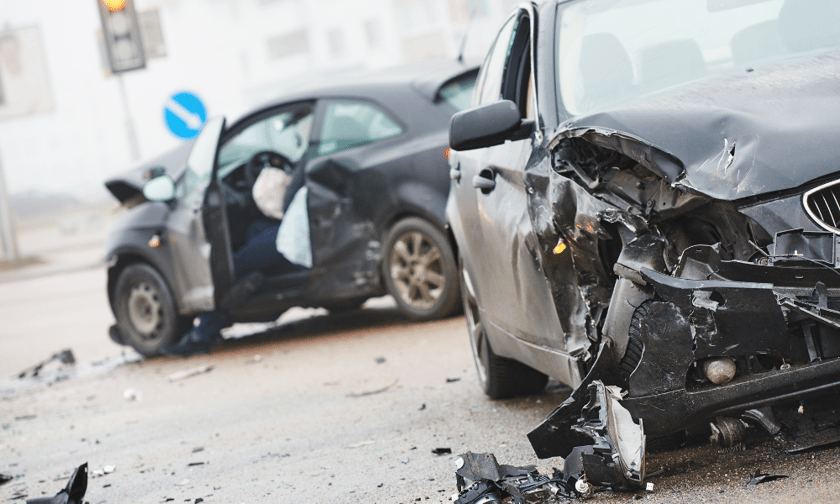

RACQ is urging governments to adopt stronger road safety measures in response to a rise in road fatalities across Queensland.
The motoring group has submitted a list of recommended reforms to the state government after the 2024 road toll reached 303 deaths – the highest in 15 years.
By late March, 47 people had already died on Queensland roads, with the total expected to climb during the Easter travel period.
RACQ general manager of advocacy Joshua Cooney said more comprehensive measures are needed to counter a shift in driver behaviour.
“It’s been a horrific start to 2025. Queenslanders’ attitudes towards road safety seem to be getting worse, extreme driving is increasing, and more people are choosing to deliberately break the road rules,” he said. “At the current rate, we are heading towards another unacceptably high number of road crash fatalities in 2025 of around 300 deaths.”
Transport and Main Roads data showed an increase in deaths involving speeding as well as drug and alcohol use. In 2023, 89 deaths were linked to speeding – 32% of total fatalities and 21 more than the previous five-year average. Substance impairment contributed to 110 deaths, accounting for nearly 40% of the total.
In Western Australia, RAC WA published results from its Risky Roads survey, which gathered responses from more than 18,000 road users. Over half had either experienced or witnessed an incident at the locations they identified.
In South Australia, the Royal Automobile Association (RAA) reported 12 fatalities in January 2025 – marking the deadliest start to a year since 2019. Regional crashes mostly involved single vehicles, while metro Adelaide incidents primarily affected pedestrians and motorcyclists.
RACQ has identified three areas for immediate intervention:
This includes expanding the use of drug and alcohol testing, adding more visible police patrols, and deploying point-to-point speed cameras in crash-prone corridors.
The group also proposes greater accountability for corporate-registered vehicles, impoundment options for repeat offenders, and updated security and licensing standards, particularly for motorcyclists.
“This is not about increasing fines; clearly, that hasn’t worked. It’s about rethinking how we ensure motorists who choose to break the road rules are held accountable,” Cooney said. “Drivers need to feel they will get caught if they decide to do the wrong thing and that the consequences for breaking road rules are significant. The choice to deliberately break road rules and drive illegally is killing and seriously injuring too many people in Queensland.”
